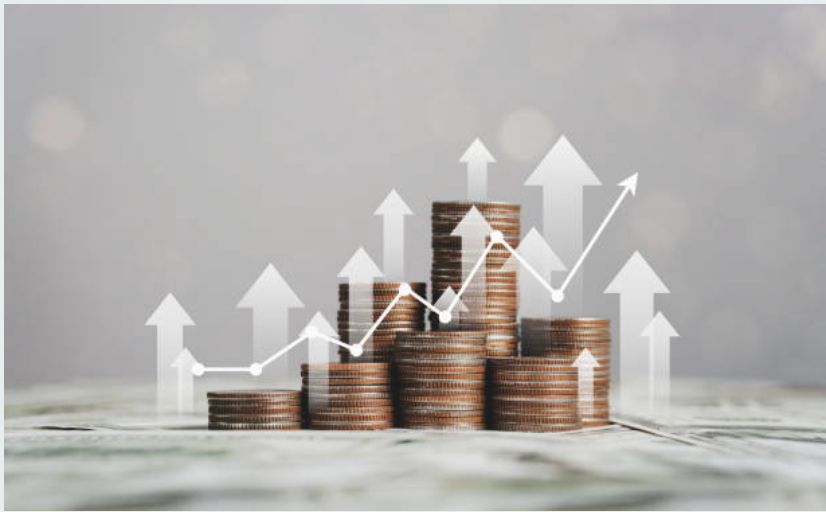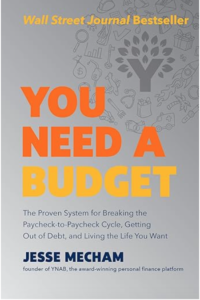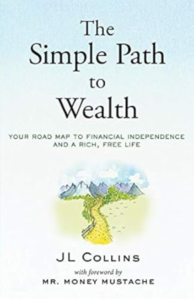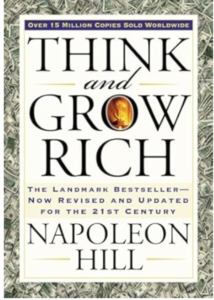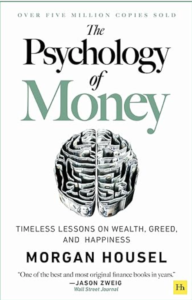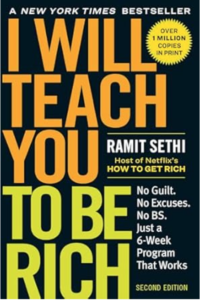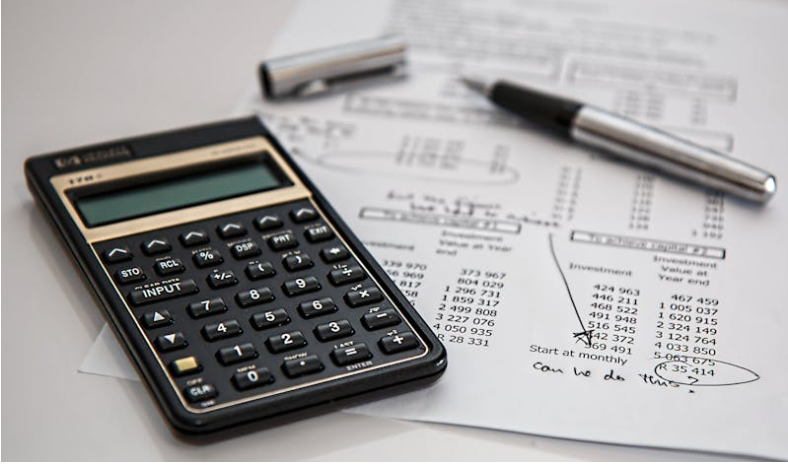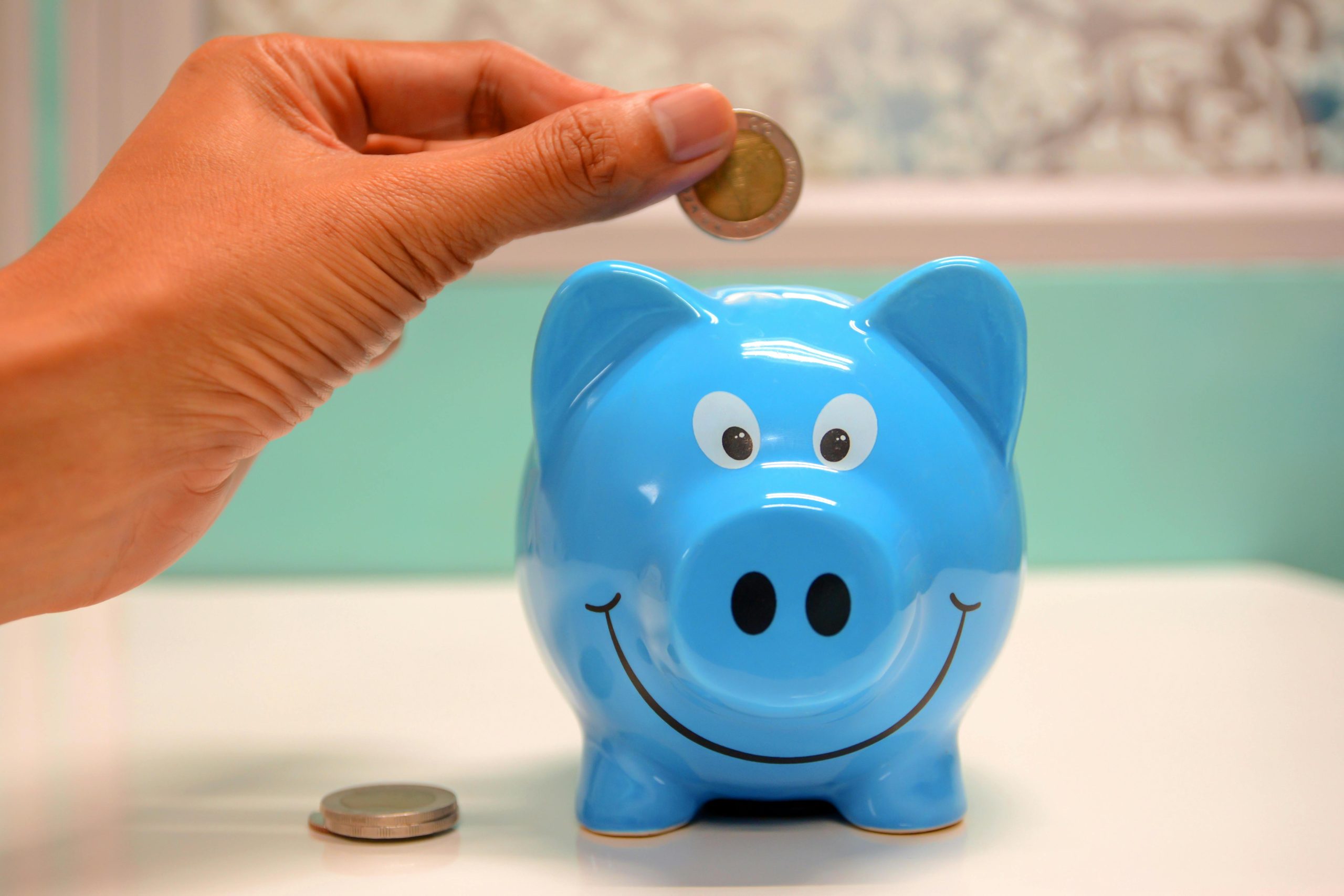With the rising cost of groceries, rent, gas and basically everything it seems almost impossible to get ahead. Even with a salary raise it felt like things were still getting more expensive. There was never a right time to invest more or save more. Many people like myself are unknowingly sabotaging their financial well-being through seemingly harmless habits. Here are the top habits that were holding me back and how I made improvements.
- Living Beyond Your Means
It’s so easy to get caught up in lifestyle inflation—you earn more, so you spend more. But that cycle is a trap, and it keeps you broke.
One day, I sat down and looked at my bank statements. The amount I spent on things I didn’t even need was embarrassing. The other big way I was living beyond my means was excessive travel. I mean, almost every month there was a weekend trip or getaway outside of the city. So, I started cutting back, making a budget, and learned to say no. The first step is figuring out where you spend excessively. It wasn’t easy at first, but once I saw the savings stack up, it felt like a huge weight off my shoulders. It’s a simple but powerful habit to live below your means. You don’t need everything you think you do.
- Neglecting a Budget
Budgeting sounds so boring, honestly, most of the time it is. I’d tell myself, “I know how much I’m spending. I’m fine.” I was just guessing and was way off. I was always surprised by how much money I didn’t have at the end of the month. It was a mess. So, one day, I decided to actually sit down and create a budget.
I started by listing out all my expenses—rent, bills, groceries, you name it. I realized that all those little “extras” were adding up fast. It helped me understanding where my money was going. It also helped me find places to save. I also found several subscriptions I had stopped using but unknowingly still paying for.
- Relying on Credit Cards
Credit cards are my go-to for everything. Need groceries? Swipe the card. Want to grab dinner with friends? Swipe again. Honestly, they still are because they’re so convenient and of course the points.
I won’t go far as to say to stop using them if you’re able to pay the bill monthly. Of course, if you’re accumulating a lot of debt and paying interest then I would definitely switch to cash or debit card. However, to avoid charging too much on my credit card I do make a mental note of my spending limit of the money and check my balance at least in the middle of the month. If I find that I’m getting close to the limit it just means that we’ll be having home cooked meals and entertainment at home until next month.
- Not Saving for Emergencies
Starting an emergency fund wasn’t as hard as I thought, however, it did take me a while to start one. I began by setting aside just $100 a month. It wasn’t much, but over time, it added up. And when the next surprise expense came around, I was ready. Having that cushion made all the difference. So, if you’re not saving for emergencies, start now, even if it’s just a little bit. It’ll save you a lot of headaches down the road.
- Procrastinating Financial Decisions
This is one I’m still working on. I think the combination of the time commitment it takes to actually login to all your accounts, make calculations and commit to making money transfers always seems so daunting. It took me almost a year to open a savings account and I had no idea what my 401k contributions at my job were for almost 2 years. I always found an excuse to put it off. It’s like I knew what I had to do, but I just didn’t want to face it. Often it meant I had to do a lot of reading to increase my financial literacy and there was always something else to do.
I had been putting off rolling over an old health saving account for months. It seemed like such a hassle, and I kept telling myself it could wait. When I finally logged in, I realized I was paying an additional $30 a month just to keep it in that account. That was money I was losing just because I had procrastinated. When I finally did it, I realized how simple it was—and I was kicking myself for not doing it sooner. Now, I try to tackle financial tasks as soon as they come up. It’s not always fun, but it’s a whole lot better than the stress of having things hanging over your head.
- Ignoring Investments
For the longest time, investing seemed like something only rich people did. I didn’t think I had enough money to start, and I was scared of losing what little I had. So, I ignored it. I figured I could just save my way to a comfortable future. But the truth is, without investing, the money you make just sits there, and inflation slowly eats away at it.
I finally started actually with a financial advisor because it was all so overwhelming. Once I starting feeling less scared and educating myself, I started DIY investing on my own with index funds. They’re low-cost and pretty straightforward. It wasn’t about making a quick buck; it was about playing the long game. And as I learned more, I got more comfortable with it. Looking back, I wish I’d started sooner. Eventually, I transferred all the money I had with the financial advisor to my own account where I had full control and didn’t have to pay extra fees.
- Not Setting Financial Goals
Setting financial goals always seemed like one of those things that sounded good in theory but didn’t really apply to me. I figured I’d just take things as they came. But without a goal, you’re basically just drifting. I realized this the hard way when I looked back at a year’s worth of finances and saw I hadn’t really made any progress.
So, I decided to get serious about goal-setting. I started small—like saving for a vacation—and worked my way up to bigger things like paying off debt and investing more. Having clear goals gave me something to aim for, and it made saving and budgeting feel less like chores and more like steps toward something exciting. It’s crazy how much of a difference it makes when you have a destination in mind. So if you’re not setting financial goals, start today. It doesn’t have to be complicated—just pick something, anything, and go for it.
- Living Without Financial Education
I’ll be honest, I wasn’t exactly the most financially literate person out there. For years, I figured I could just wing it. I also didn’t have that much money, but still wish I had started sooner. It wasn’t until I started educating myself—reading books, listening to podcasts, talking to people who knew their stuff—that things started to click.
Learning about money isn’t just for financial gurus. The more I learned, the more empowered I felt to make better decisions. I didn’t need a degree in finance; I just needed to know the basics. And the best part? The more I learned, the more my bank account grew.
- Keeping Up with the Joneses
Spending money on stuff just because everyone else has it is probably one of the worst habits keeping us from reaching our financial goals. Of course, I’ve also been guilty of this one.
One day, I realized I didn’t even like half the stuff I was buying—it was just about keeping up appearances. So, I made a conscious effort to stop caring so much about what other people had. It wasn’t easy at first, but over time, I found that focusing on what I really wanted, not what I thought I should want, made me a lot happier.
- Failing to Automate Finances
I used to login to accounts constantly because I was so paranoid about forgetting to pay a bill. This not only wasted a lot of time but was also so unnecessary. I finally read a suggestion to automate my finances, and honestly, it was a game-changer. I set up automatic payments for my bills and automated my savings, so a portion of my paycheck was going into my savings and investments. Now, it’s money that I don’t see and therefore can’t spend.
Breaking free from the habits keeping you broke isn’t easy, but it’s definitely possible with the right mindset and strategies. The first step is to recognize what these habits are and work slowly to improve them over time.

